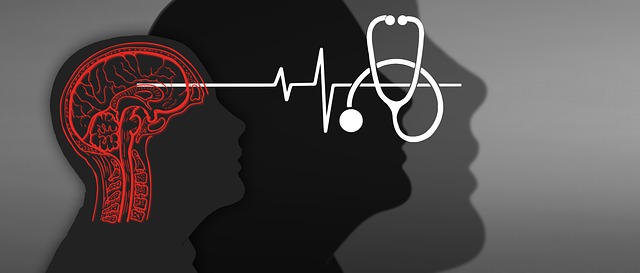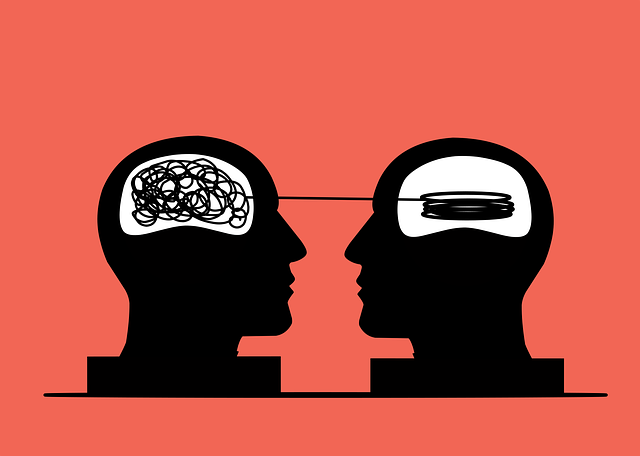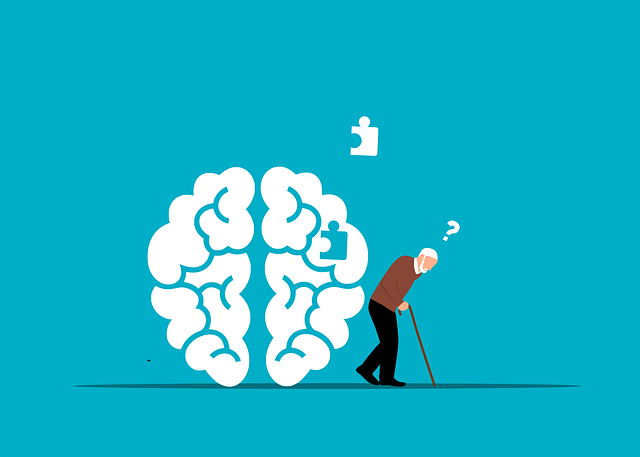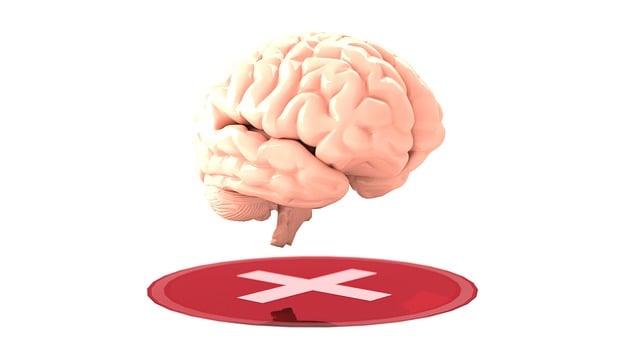Chronic stress from major life transitions like job changes or moving can harm the mental health of the Centennial generation, who face increasing pressure to achieve. Centennial Major Life Transitions Therapy (CMLT) is a modern, evidence-based approach combining mindfulness meditation and self-care strategies to effectively manage these transitions. CBT helps identify and challenge negative thought patterns, while mindfulness practices like meditation offer anxiety relief and depression prevention. Integrating structured therapy or holistic self-care into daily routines builds resilience, reduces strain during life's shifts, and promotes community support networks for enhanced mental well-being.
Stress management is a vital skill in today’s fast-paced world. This article explores effective techniques to combat stress, focusing on its profound impact on mental health. We delve into the power of Centennial Major Life Transitions Therapy, a game-changer for navigating life’s challenges. Learn practical strategies for stress reduction and discover how mindfulness and cognitive approaches foster resilience. By understanding stress and utilizing these techniques, individuals can transform their lives, enhancing overall well-being.
- Understanding Stress and Its Impact on Mental Health
- The Role of Centennial Major Life Transitions Therapy in Stress Management
- Practical Techniques for Effective Stress Reduction
- Integrating Mindfulness and Cognitive Strategies for Long-Term Resilience
Understanding Stress and Its Impact on Mental Health

Stress is a natural response to various life situations, but when it becomes chronic, it can significantly impact mental health. Understanding stress involves recognizing its triggers, which often include major life transitions like changing jobs, moving to a new city, or dealing with significant personal losses. These transitions, while often inevitable, can trigger a cascade of emotions that, if left unmanaged, may lead to long-term mental health issues. For instance, the Centennial generation, facing increasing pressure to achieve and adapt, is particularly susceptible to stress-related challenges.
Therapy plays a crucial role in helping individuals navigate these transitions and build resilience. Through therapy, one can learn effective emotional regulation strategies that enable them to manage stress more proactively. Mental health education programs designed with an eye towards these evolving needs can empower folks to face life’s curveballs with greater equanimity. By focusing on both the mind and body, such programs not only teach coping mechanisms but also foster a deeper understanding of one’s emotional responses, thereby enhancing overall well-being and resilience building.
The Role of Centennial Major Life Transitions Therapy in Stress Management

Centennial Major Life Transitions Therapy (CMLT) plays a pivotal role in modern stress management, particularly for individuals navigating significant life changes. This therapeutic approach recognizes that major life events, whether positive or negative, can significantly impact mental health and overall well-being. CMLT provides a structured framework to help clients process these transitions effectively, fostering resilience and reducing the associated stress and anxiety.
By integrating evidence-based practices such as mindfulness meditation and self-care strategies, CMLT equips individuals with valuable tools to manage stress. Through guided meditations, clients learn to focus on the present moment, cultivating a sense of calm amidst life’s challenges. Additionally, self-care practices are encouraged, promoting physical and emotional restoration. These techniques not only aid in anxiety relief but also empower individuals to proactively navigate future transitions, fostering a healthier and more balanced lifestyle.
Practical Techniques for Effective Stress Reduction

Managing stress effectively is a skill that can be learned and honed over time. For individuals navigating Centennial Major Life Transitions, such as changing careers or dealing with chronic illness, practical techniques can significantly mitigate the pressure. One evidence-based method involves Cognitive Behavioral Therapy (CBT), which helps individuals identify and challenge negative thought patterns contributing to stress. By reframing perspectives and adopting healthier coping mechanisms, CBT empowers people to better handle challenging situations.
Additionally, mindfulness practices like meditation and deep breathing exercises have proven effective in Anxiety Relief and Depression Prevention. Incorporating these techniques into daily routines allows mental health professionals to conduct a thorough Risk Assessment, enabling them to proactively support clients in managing stress triggers. Whether through structured therapy or holistic self-care practices, adopting practical strategies equips individuals with the tools necessary for navigating life’s transitions with resilience and reduced strain.
Integrating Mindfulness and Cognitive Strategies for Long-Term Resilience

Integrating mindfulness and cognitive strategies offers a powerful approach to building long-term resilience against stress and anxiety. Mindfulness practices encourage individuals to focus on the present moment, cultivating an awareness that helps disrupt negative thought patterns. By acknowledging and accepting thoughts without judgment, one can reduce the intensity of stressful responses. Cognitive strategies, in conjunction with this, empower individuals to challenge and reframe negative or distorted beliefs, fostering a more positive outlook and boosting confidence.
This holistic approach is particularly beneficial during significant life transitions, which often fall under the category of Centennial Major Life Transitions Therapy. By teaching these skills, therapy can support individuals in navigating challenges such as job changes, relationships shifts, or personal milestones with enhanced coping mechanisms. Moreover, community outreach programs that implement these integrated strategies can contribute to building supportive networks, fostering social connections, and promoting overall well-being, thereby alleviating anxiety relief and strengthening mental resilience within communities.
In light of the above discussions, it’s clear that managing stress is a multifaceted process. From understanding its impact on mental health to employing practical techniques and integrating mindfulness with cognitive strategies, we’ve explored various avenues for effective stress reduction. Specifically, the role of Centennial Major Life Transitions Therapy stands out as a powerful tool for navigating life’s challenges. Ultimately, by adopting these strategies, individuals can foster resilience, enhance well-being, and lead more fulfilling lives.














